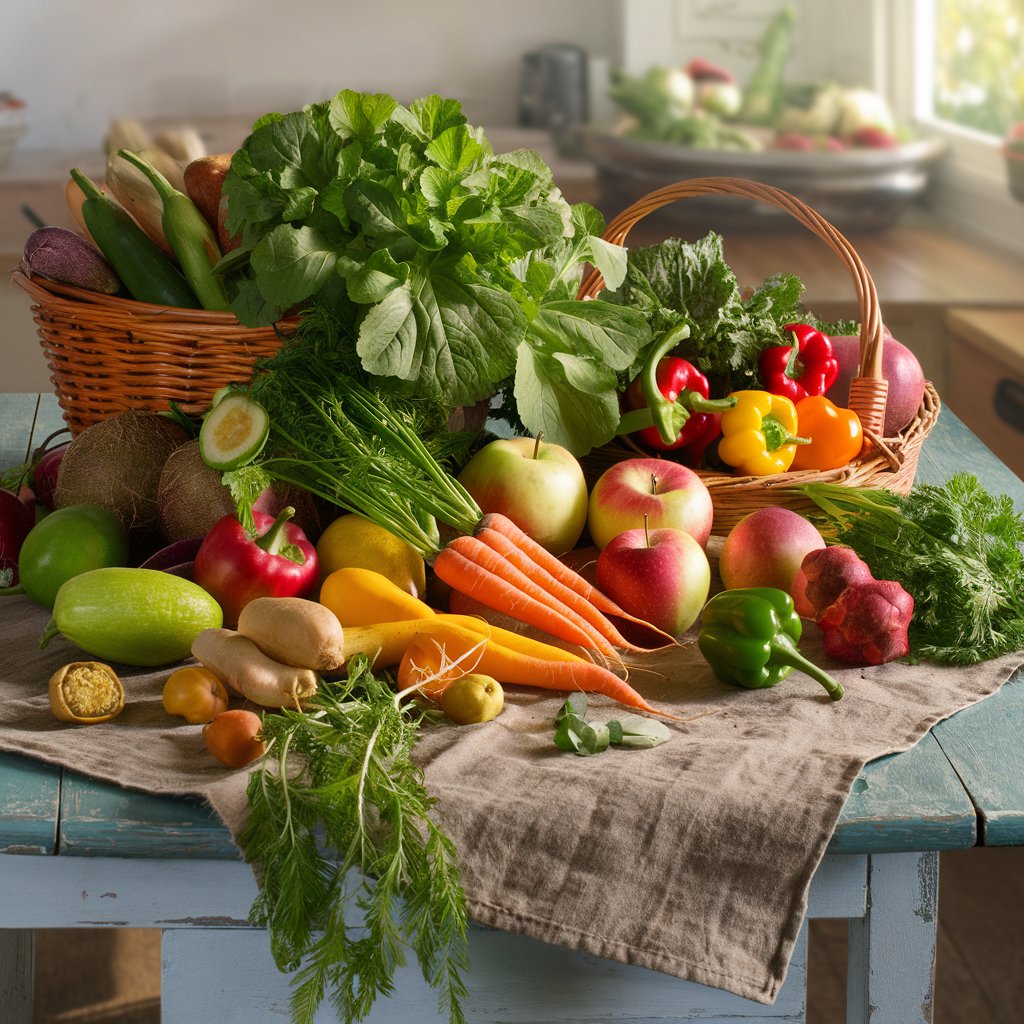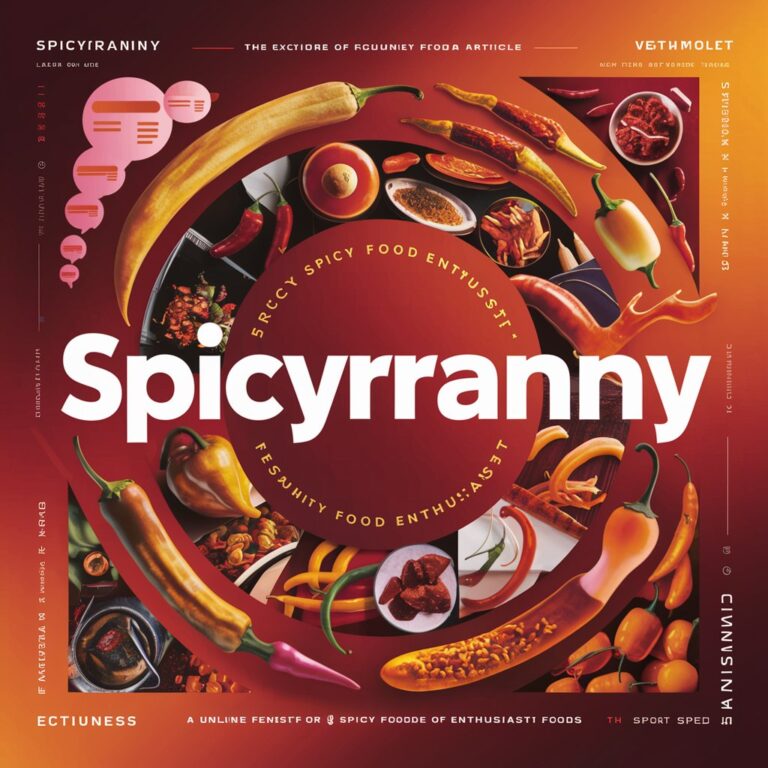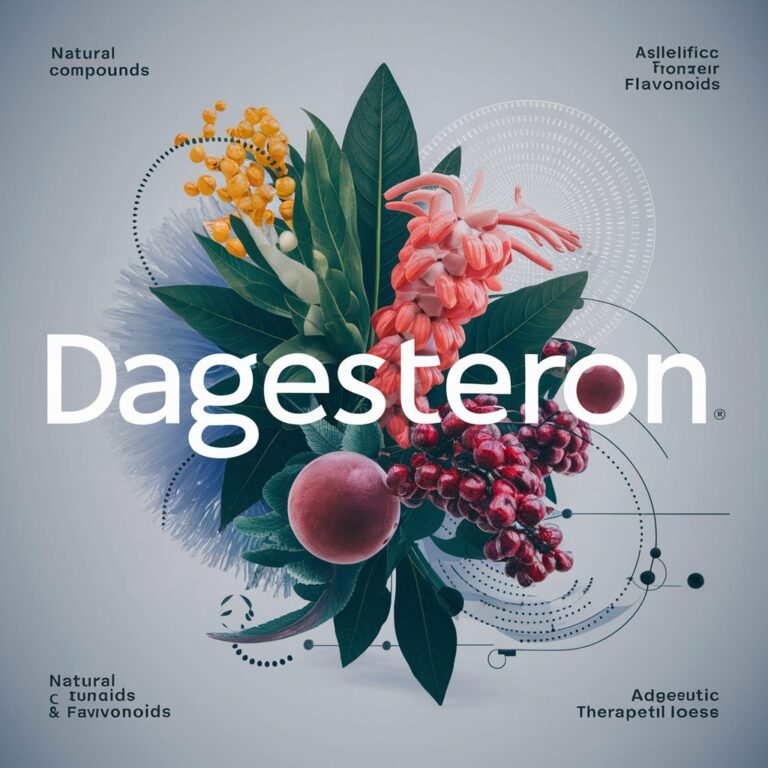The Ultimate Guide to ỏganic: Unlocking Health Benefits and More
Introduction to ỏganic
In a world where health and wellness are becoming increasingly important, many people are turning to ỏganic products to improve their well-being. But what exactly does “ỏganic” mean? In this guide, we will explore the benefits of ỏganic products, why they might be the right choice for you, and how they can impact your life in positive ways. From the nutritional advantages to the environmental benefits, we’ll dive deep into everything you need to know about ỏganic products.
Switching to ỏganic offered numerous health benefits. The produce was richer in essential vitamins and minerals, and we noticed a significant improvement in overall well-being and taste.
What is ỏganic?
Understanding the Basics
The term “ỏganic” refers to products that are grown and produced without the use of synthetic pesticides, herbicides, or fertilizers. In agriculture, ỏganic practices involve maintaining the health of the soil and environment through natural methods. This approach is not only beneficial for your health but also supports sustainable farming practices.
The ỏganic Certification
To be labeled as ỏganic, products must meet specific standards set by regulatory bodies. In the United States, the USDA (United States Department of Agriculture) oversees the ỏganic certification process. This ensures that ỏganic products are produced in compliance with established guidelines, including the prohibition of genetically modified organisms (GMOs).
The Health Benefits of ỏganic Products
Nutritional Advantages
One of the key reasons people switch to ỏganic foods is the potential for increased nutritional value. Research suggests that ỏganic produce often contains higher levels of certain vitamins and minerals. For instance:
- Vitamins and Minerals: ỏganic fruits and vegetables may have higher concentrations of vitamins like Vitamin C and minerals like iron and magnesium.
- Antioxidants: Some studies indicate that ỏganic produce might have more antioxidants, which can help fight free radicals in the body and reduce oxidative stress.
Reduced Exposure to Harmful Chemicals
By choosing ỏganic, you reduce your exposure to synthetic chemicals commonly found in conventional farming. This can be particularly important for vulnerable populations such as children and pregnant women. Reducing your exposure to pesticides and herbicides can potentially lower health risks associated with these chemicals.
Better Taste and Quality
Many people believe that ỏganic foods taste better. This perception might be linked to the methods used in growing ỏganic produce, which often prioritize soil health and natural growth processes. Additionally, ỏganic products are typically fresher, as they often come from local sources.
Environmental Impact of ỏganic Farming
Soil Health and Conservation
One of the primary goals of ỏganic farming is to maintain and improve soil health. Techniques such as crop rotation, green manure, and composting help build and sustain soil fertility. Healthier soil contributes to better water retention and reduced erosion.
Biodiversity
ỏganic farming supports biodiversity by avoiding synthetic chemicals that can harm non-target species. This practice encourages a diverse ecosystem of plants, insects, and animals, which can lead to a more resilient agricultural system.
Reduced Carbon Footprint
Some ỏganic farming methods, such as reduced tillage and the use of cover crops, can help sequester carbon in the soil. This contributes to a lower overall carbon footprint compared to conventional farming practices.
The Economic Aspects of ỏganic Products
Cost Considerations
One common concern about ỏganic products is their cost. ỏganic farming can be more labor-intensive and require more resources, leading to higher prices for consumers. However, many people find that the health and environmental benefits outweigh the additional cost.
Supporting Local Economies
Purchasing ỏganic products often means supporting local farmers and businesses. Many ỏganic farms are smaller operations that contribute to the local economy and offer a connection between consumers and producers.
How to Incorporate ỏganic into Your Lifestyle
Shopping Tips
When shopping for ỏganic products, look for certification labels to ensure authenticity. You can also consider joining a local farmers’ market or community-supported agriculture (CSA) program to access fresh ỏganic produce.
Recipes and Meal Ideas
Integrating ỏganic foods into your diet can be simple and delicious. Experiment with ỏganic fruits and vegetables in your favorite recipes. From salads and smoothies to soups and stews, there are endless ways to enjoy ỏganic ingredients.
Sustainable Practices at Home
In addition to buying ỏganic products, consider adopting sustainable practices at home. Composting kitchen scraps, reducing waste, and conserving water are all ways to complement your ỏganic lifestyle.
FAQs
What makes ỏganic food different from conventional food? ỏganic food is grown without synthetic pesticides, herbicides, or genetically modified organisms. It focuses on natural farming methods that prioritize soil health and environmental sustainability.
Are ỏganic products always more expensive? In general, ỏganic products can be more expensive due to the cost of ỏganic farming practices. However, many people find the benefits to their health and the environment justify the cost.
How can I verify if a product is truly ỏganic? Look for certification labels, such as the USDA Organic seal, which indicates that the product meets ỏganic standards set by regulatory bodies.
Can ỏganic farming help with climate change? Yes, ỏganic farming practices can contribute to climate change mitigation by improving soil health, reducing carbon emissions, and supporting biodiversity.
Where can I find ỏganic products? You can find ỏganic products at grocery stores, farmers’ markets, and through local community-supported agriculture (CSA) programs. Look for certification labels to ensure authenticity.
Conclusion
Switching to ỏganic products offers numerous health and environmental benefits. By choosing ỏganic, you support sustainable farming practices, reduce your exposure to harmful chemicals, and enjoy potentially higher nutritional value. Embracing ỏganic products is a step towards a healthier lifestyle and a more sustainable future.
By understanding the advantages of ỏganic, you can make informed choices that benefit both your health and the environment. So, whether you’re looking to improve your diet or support sustainable agriculture, ỏganic products provide a valuable and impactful option.





